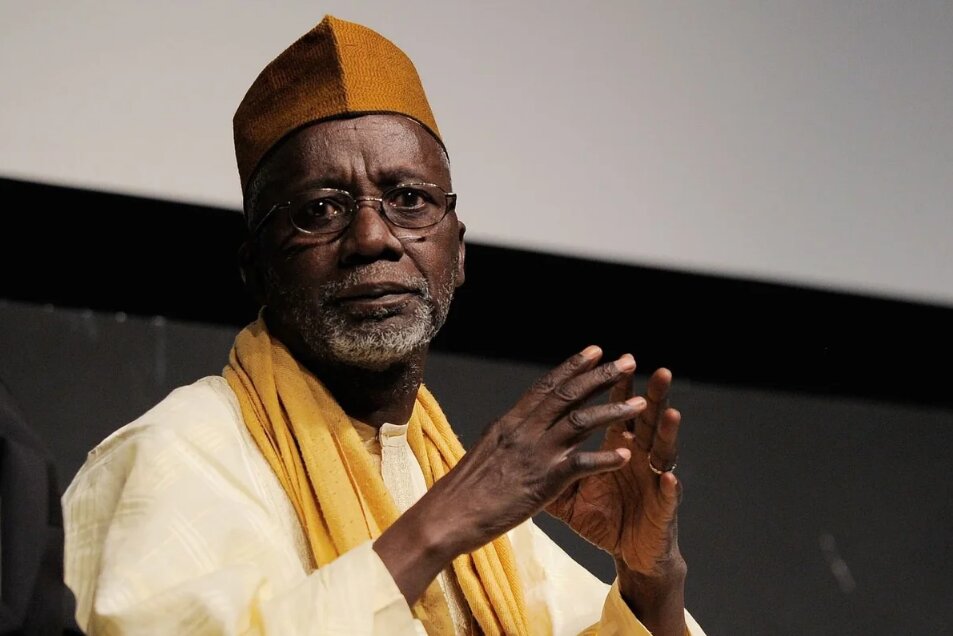Renowned Malian filmmaker Souleymane Cissé passes away

TEHRAN-Acclaimed Malian film director Souleymane Cissé, one of the pioneers of African cinema, has passed away at 84.
One of the first generation of African filmmakers who is considered one of the pillars of African cinema, he died on Wednesday in Bamako, Mali.
Cissé participated in the 17th edition of Iran International Documentary Film Festival Cinéma Vérité, which was held in December 2023 in Tehran, and held a session about the African film industry, Mehr reported.
An award-winning writer and director who became the first African filmmaker to win the Jury Prize at the Cannes Film Festival, he has left a trailblazing legacy on the silver screen spanning half a century that was marked by a commitment to African storytelling, deep humanism, and profound political engagement.
His film “Yeelen” (AKA “Brightness”) (1987) has been called conceivably the greatest African film ever made.
Born in Bamako and raised in a Muslim family, Cissé was a passionate cinephile from childhood. His film career began as an assistant projectionist for a documentary on the arrest of Patrice Lumumba. This triggered his desire to create films of his own, and he obtained a scholarship at the Gerasimov Institute of Cinematography, the Moscow School of Cinema and Television.
In 1970 he returned to Mali and joined the Ministry of Information as a cameraman, where he produced documentaries and short films. Two years later, he produced his first medium-length film, “Five Days in a Life”.
In 1974, Cissé produced his first full-length film “The Young Girl”. His second movie “Work” was released four years later and won the Yenenga's Talon prize at Fespaco in 1979.
In 1982, Cissé produced “The Wind”, which tells the story of dissatisfied Malian youth rising up against the establishment. This earned him his second Yenenga's Talon, at 1983's Fespaco.
Between 1984 and 1987, he produced “Yeelen,” a coming-of-age film that won the Jury Prize at the 1987 Cannes Film Festival, becoming the first African film to win a prize in the festival's history. In 1995, he produced “Time,” which also competed for the Palme d'Or at the 1995 Cannes Film Festival.
He served as the president of UCECAO, the Union of Creators and Entrepreneurs of Cinema and Audiovisual Arts of Western Africa. His work exemplifies the development of social realism in African cinema, including its eventual movement towards the recovery of tradition.
Cissé has also been called “a master of complex storytelling, preserving the mysterious in the mundane.” His films have been known for their uncompromising depictions of military violence, abuse of money and power, trade unionism, and the enduring stranglehold of patriarchal traditions over Bamako's women and youth.
SS/
